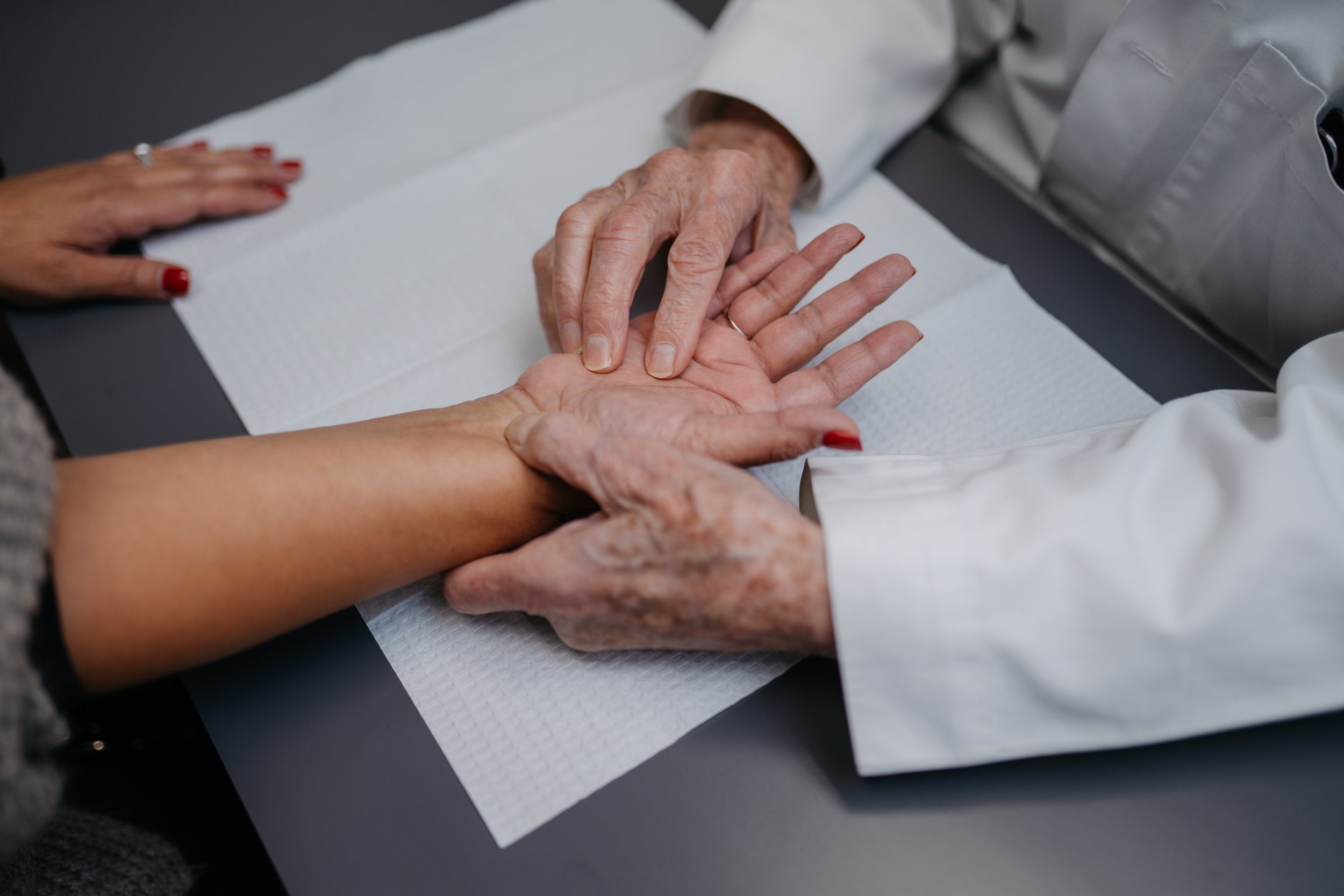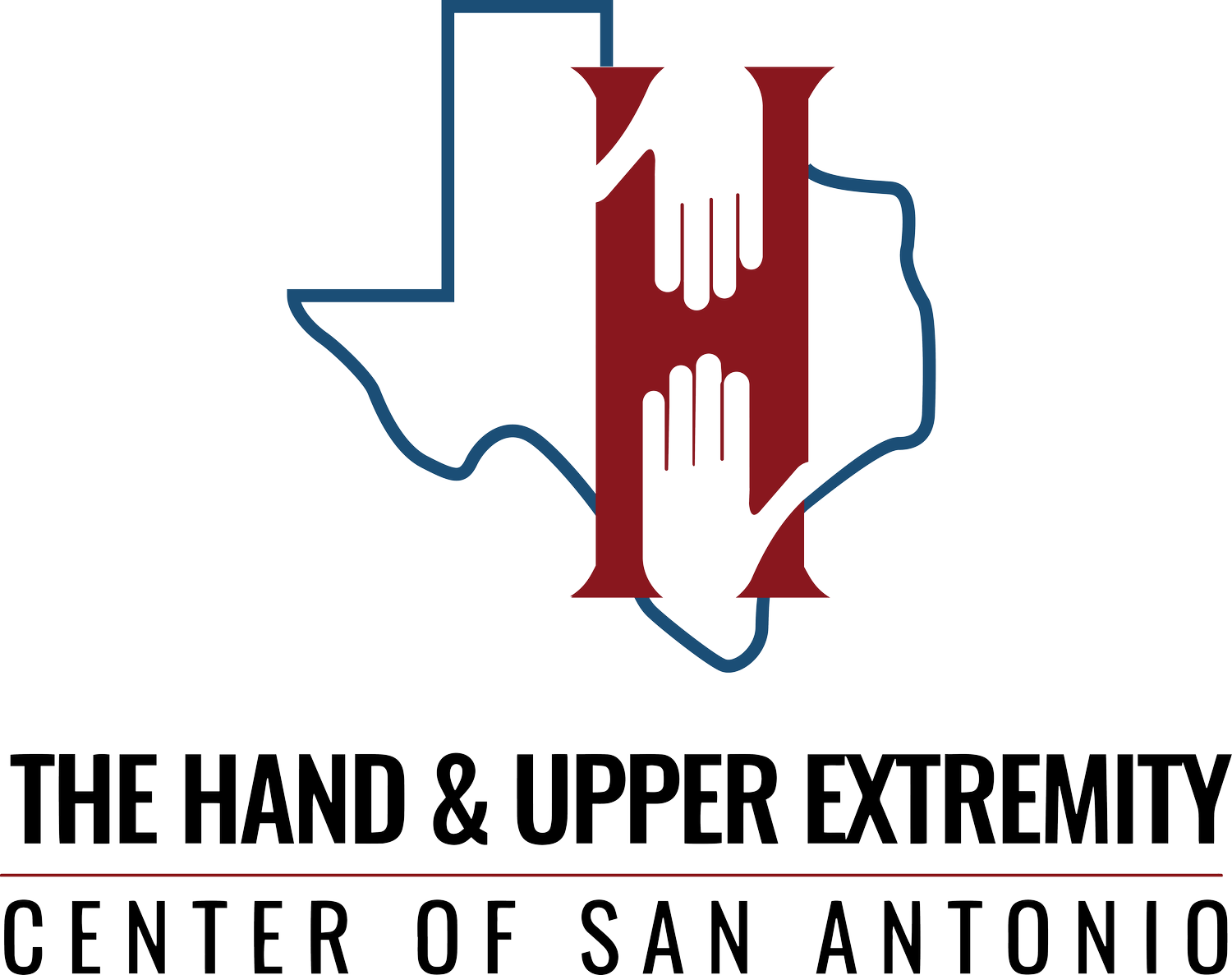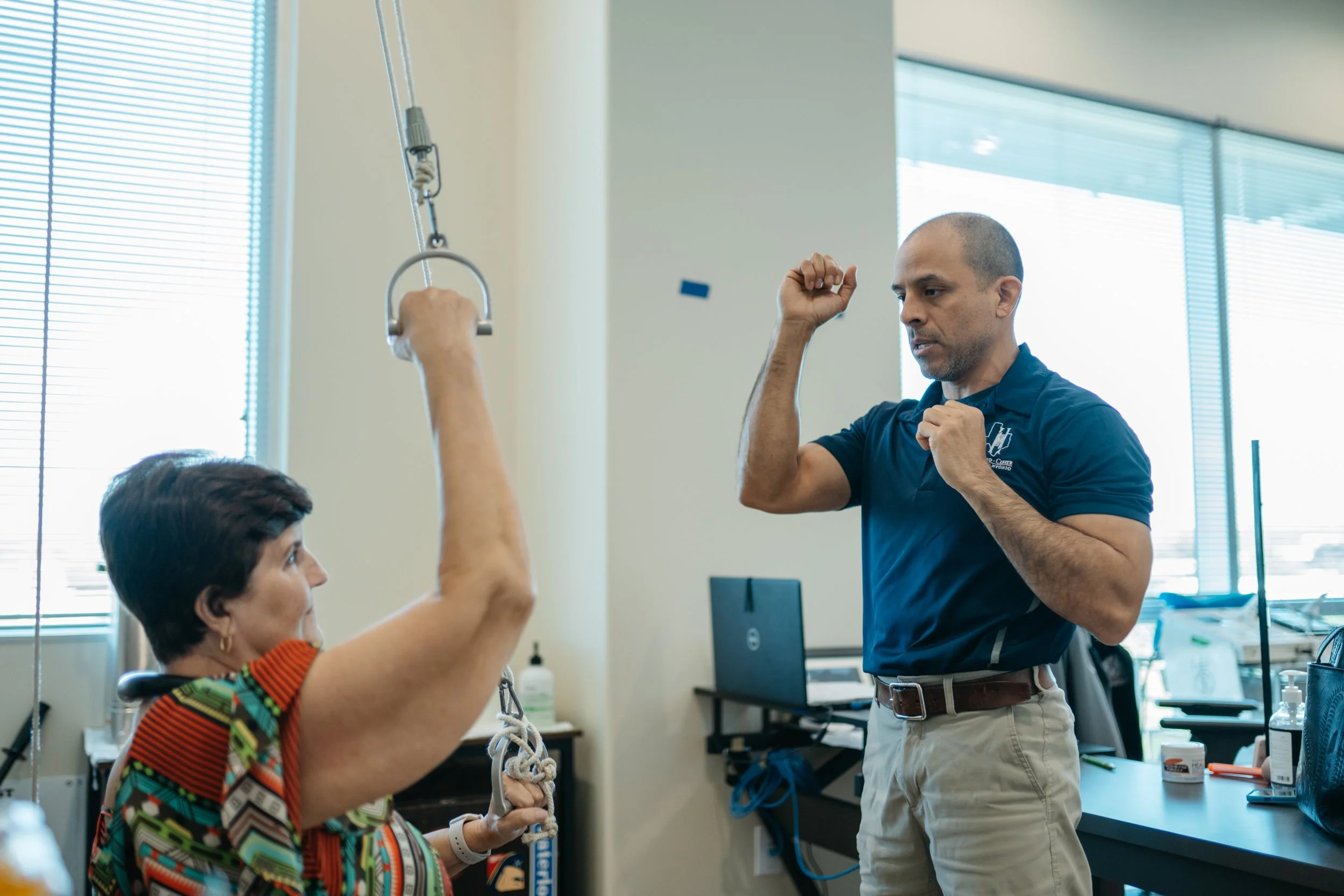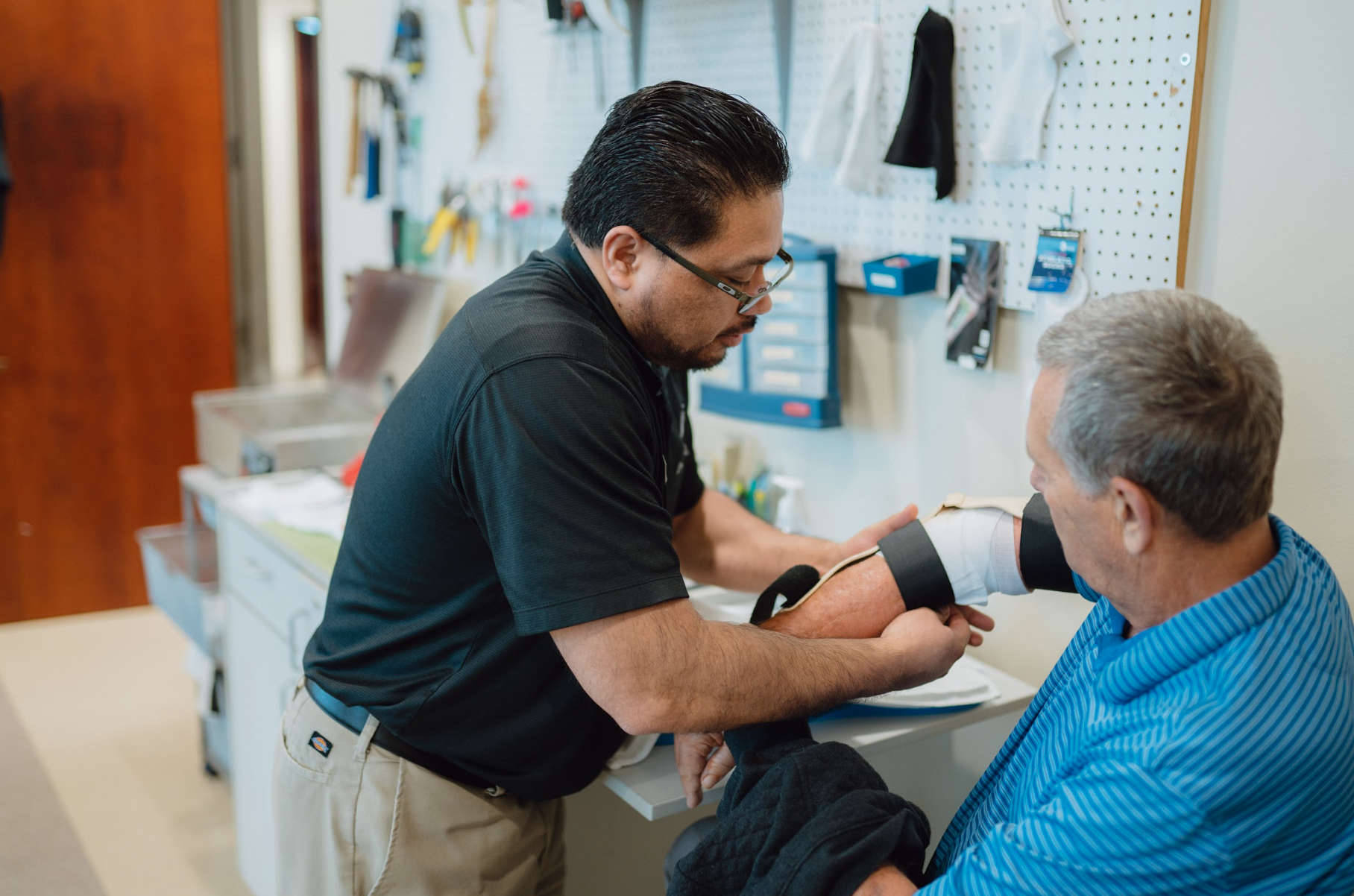
Shoulder Dislocation Experts in San Antonio
What Is a Shoulder Dislocation?
A shoulder dislocation happens when the upper arm bone (humerus) is forced out of its normal position in the shoulder socket (glenoid), located in the shoulder blade. The shoulder joint is the most mobile joint in the human body, capable of an impressive range of motion, which also makes it the most prone to dislocation. Whether caused by a sudden fall, a sports injury, or trauma from an accident, a dislocated shoulder can be extremely painful and limit your ability to move your arm.
Common Symptoms of a Dislocated Shoulder
A shoulder dislocation typically causes sudden, intense discomfort and visible changes to the joint. Common symptoms include:
Severe shoulder pain that begins immediately after an injury
Visible deformity — the shoulder may look out of place or “squared off”
Swelling or bruising around the joint
Limited range of motion or an inability to move the arm comfortably
Muscle spasms around the shoulder
Numbness or tingling in the arm, hand, or fingers
Weakness in the shoulder or arm
If you notice any of these symptoms, it’s important to consult a shoulder specialist promptly. Early diagnosis and treatment can help prevent further damage and reduce the risk of long-term complications
Types of Shoulder Dislocations
-
Anterior Dislocation
This is the most common type, occurring when the head of the humerus moves forward out of the shoulder socket. It often happens during contact sports or when falling on an outstretched arm.
-
Posterior Dislocation
Less common, this occurs when the humeral head is pushed backward. It can result from seizures, electrical shocks, or trauma with the arm in a rotated position.
-
Inferior Dislocation
The rarest type, inferior dislocations happen when the arm is forced downward. This may occur in extreme overhead injuries and is often associated with damage to surrounding tissues.
Treatment Options for shoulder dislocations:
Nonsurgical Treatment
Many shoulder dislocations can be treated without surgery, especially if it’s a first-time injury with no significant structural damage.
Closed Reduction: A doctor gently maneuvers the arm to guide the humeral head back into the socket. This often brings immediate relief.
Immobilization: A sling or brace keeps the shoulder stable and allows the tissues to heal.
Pain Management: Over-the-counter or prescription medications can help manage discomfort during the healing process.
Ice Therapy: Applying ice in the first 48 to 72 hours can reduce swelling and ease pain.
Physical Therapy: Once healing begins, a guided rehabilitation program helps restore strength, flexibility, and range of motion to prevent future dislocations.
surgical treatment
Surgery may be recommended for recurrent dislocations, severe soft tissue damage, or associated fractures. Common procedures include arthroscopic stabilization to repair torn ligaments, the Latarjet procedure to reinforce the socket, or open surgery for more complex cases. A structured rehabilitation plan follows surgery to restore function and reduce the risk of future dislocations.
Why Choose The Hand and Upper Extremity Center of San Antonio for shoulder Dislocation Treatment?
At The Hand and Upper Extremity Center of San Antonio, we provide specialized care for shoulder dislocations, with a team dedicated to helping you recover fully. Our physicians bring over 100 years of combined experience, with expertise in shoulder injuries across multiple training backgrounds. In addition to your surgeon, you may work with our skilled orthopaedic fellows, who have advanced training in shoulder care. Our team also includes compassionate front desk staff, medical assistants, x-ray technicians, and cast technicians, all focused on ensuring your comfort and the best possible outcome throughout your treatment journey.
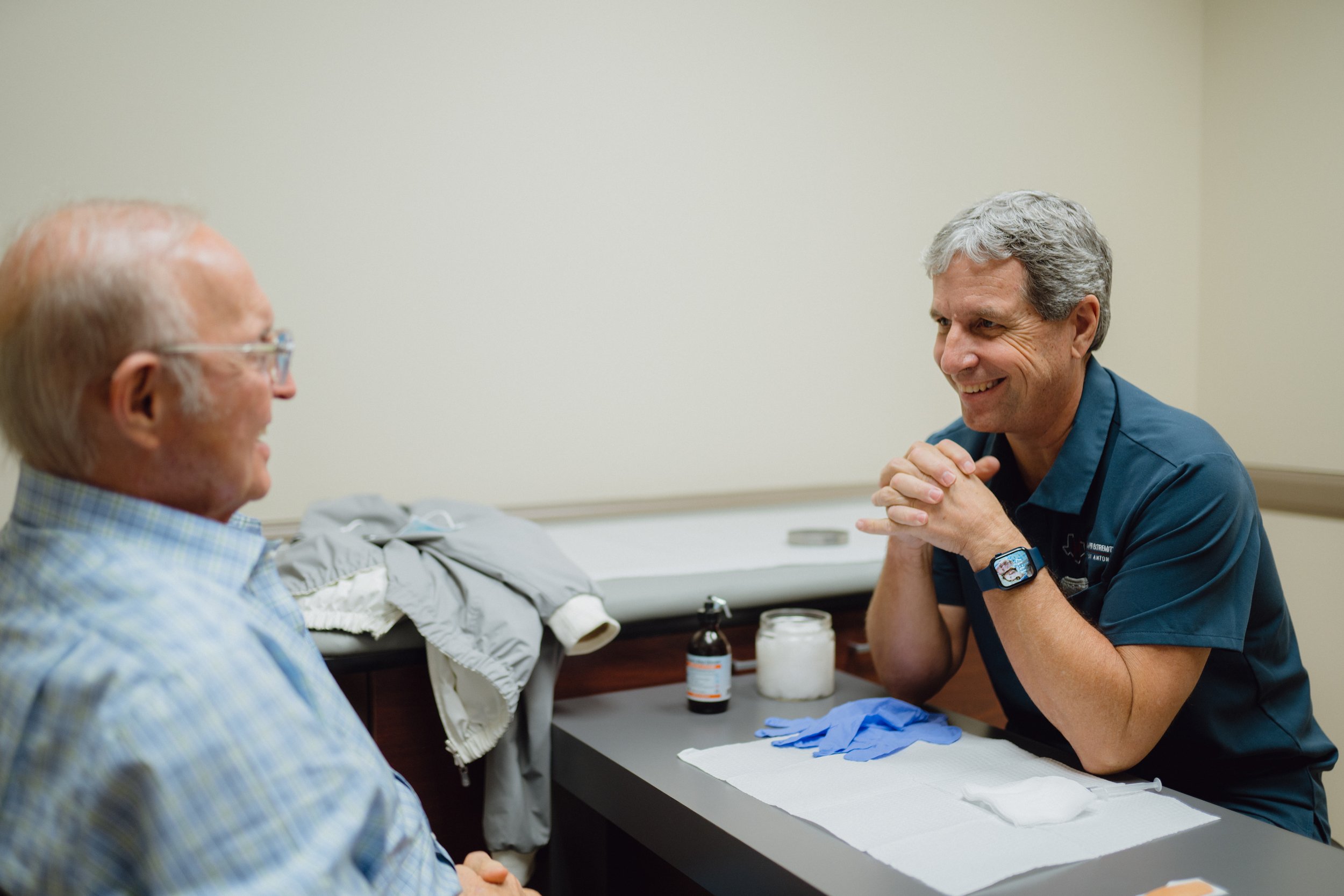
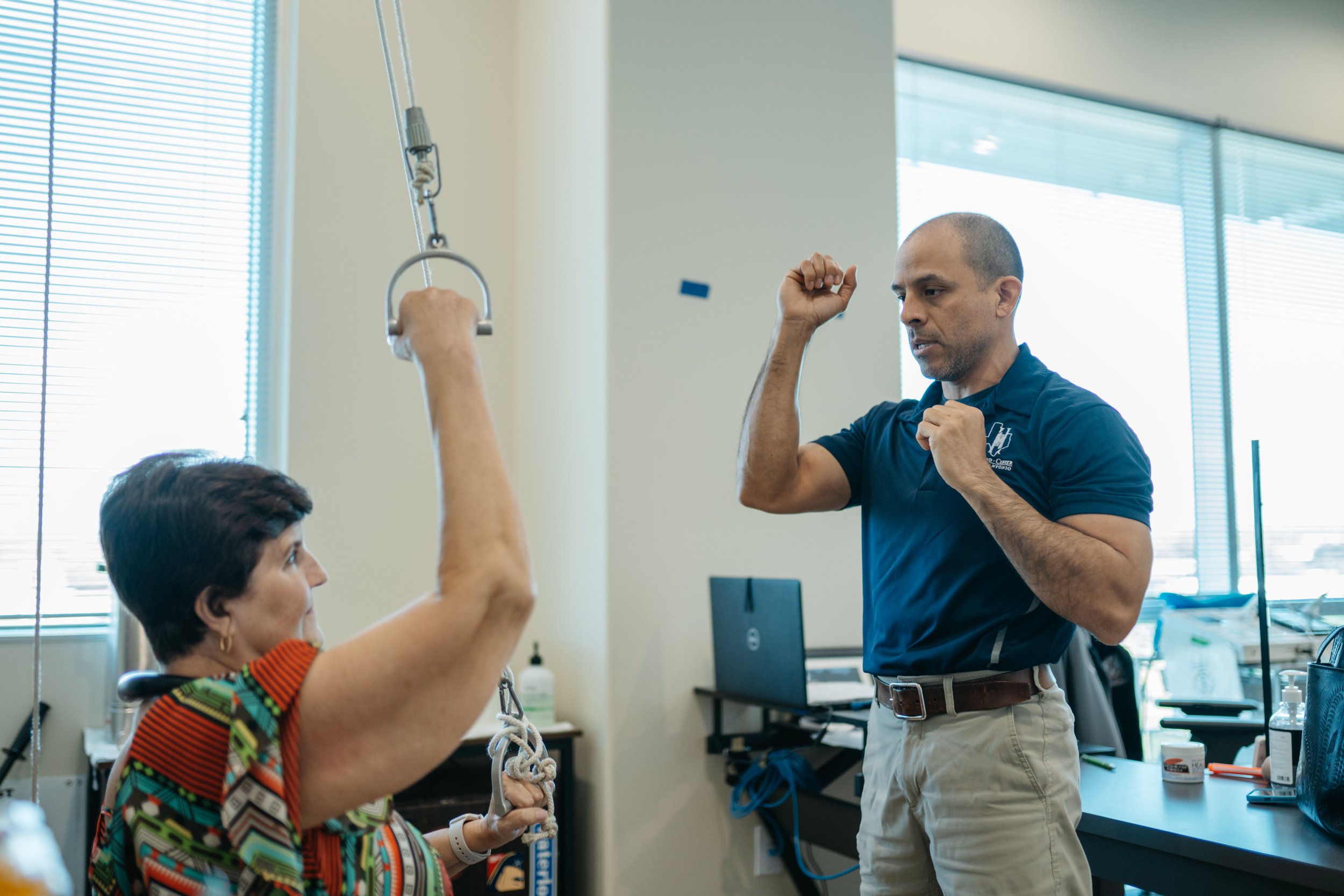
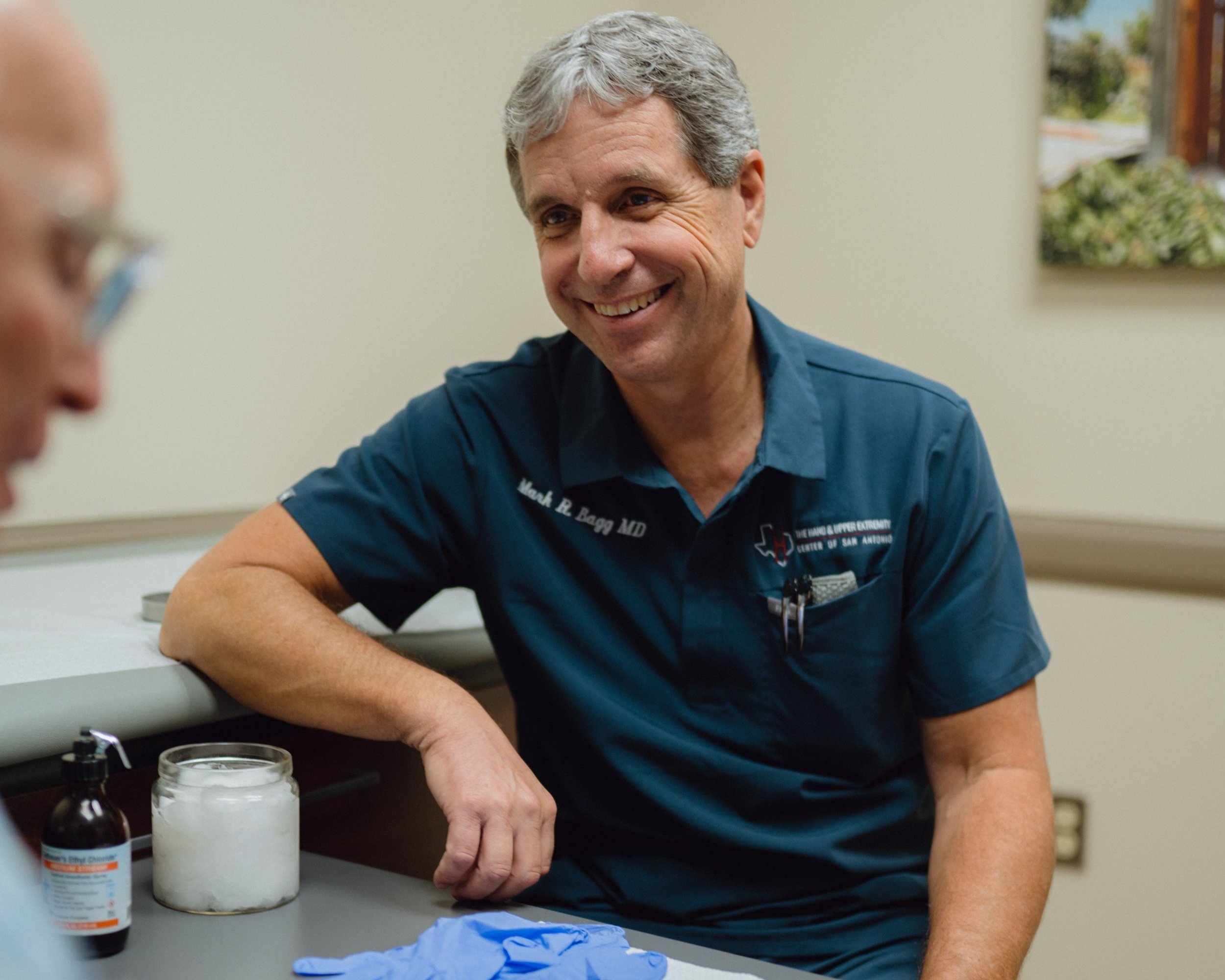

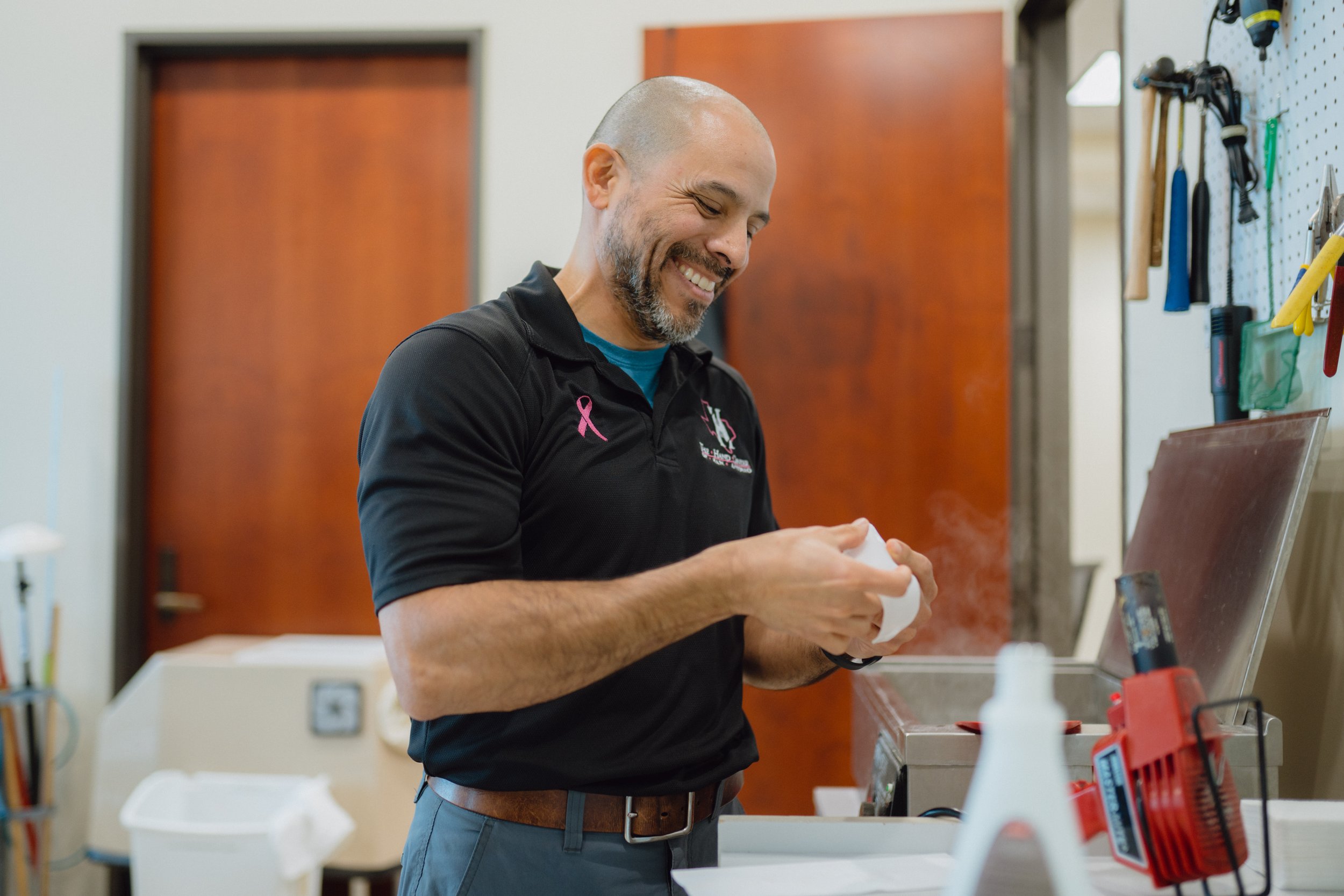
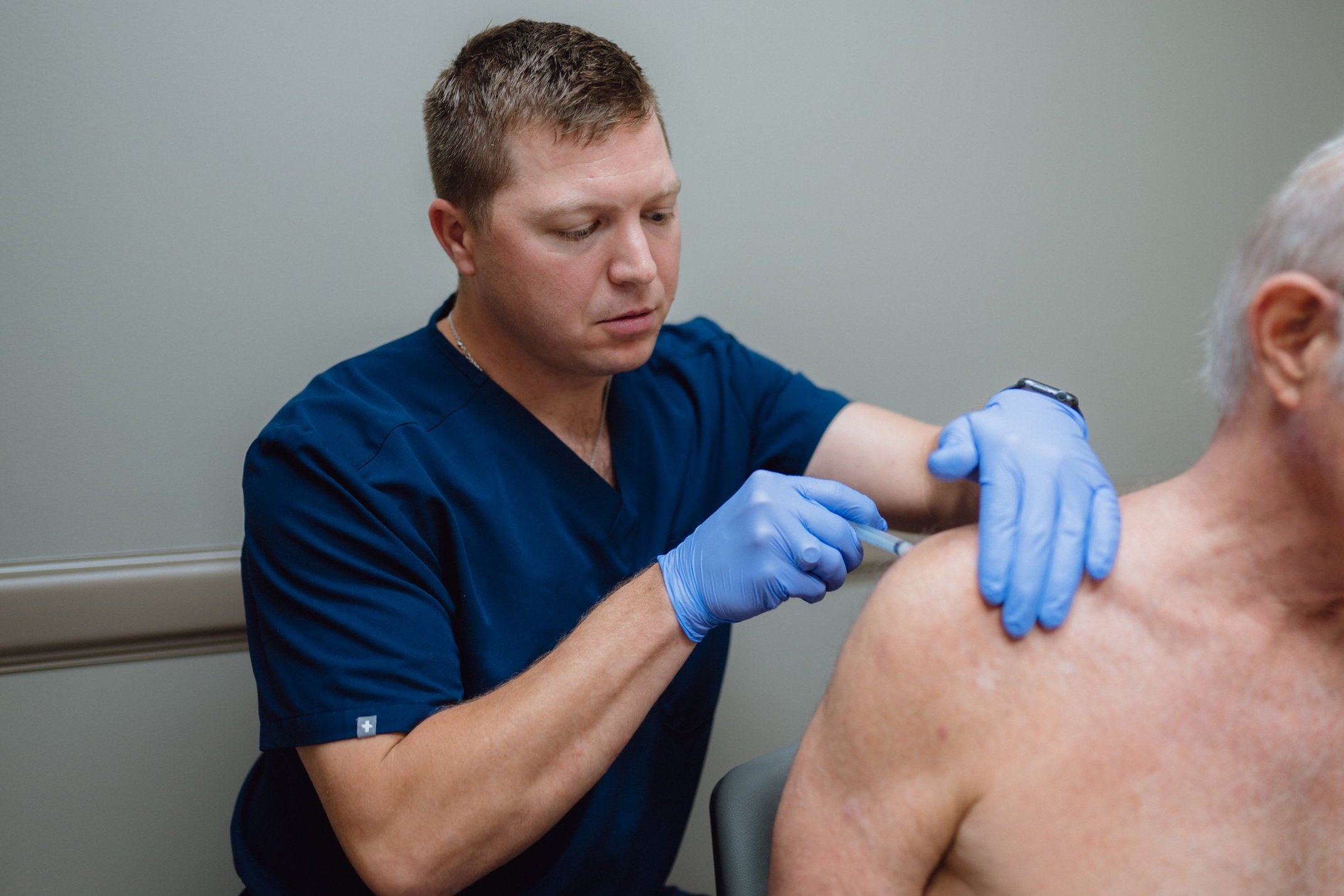
Meet Our Physicians
-
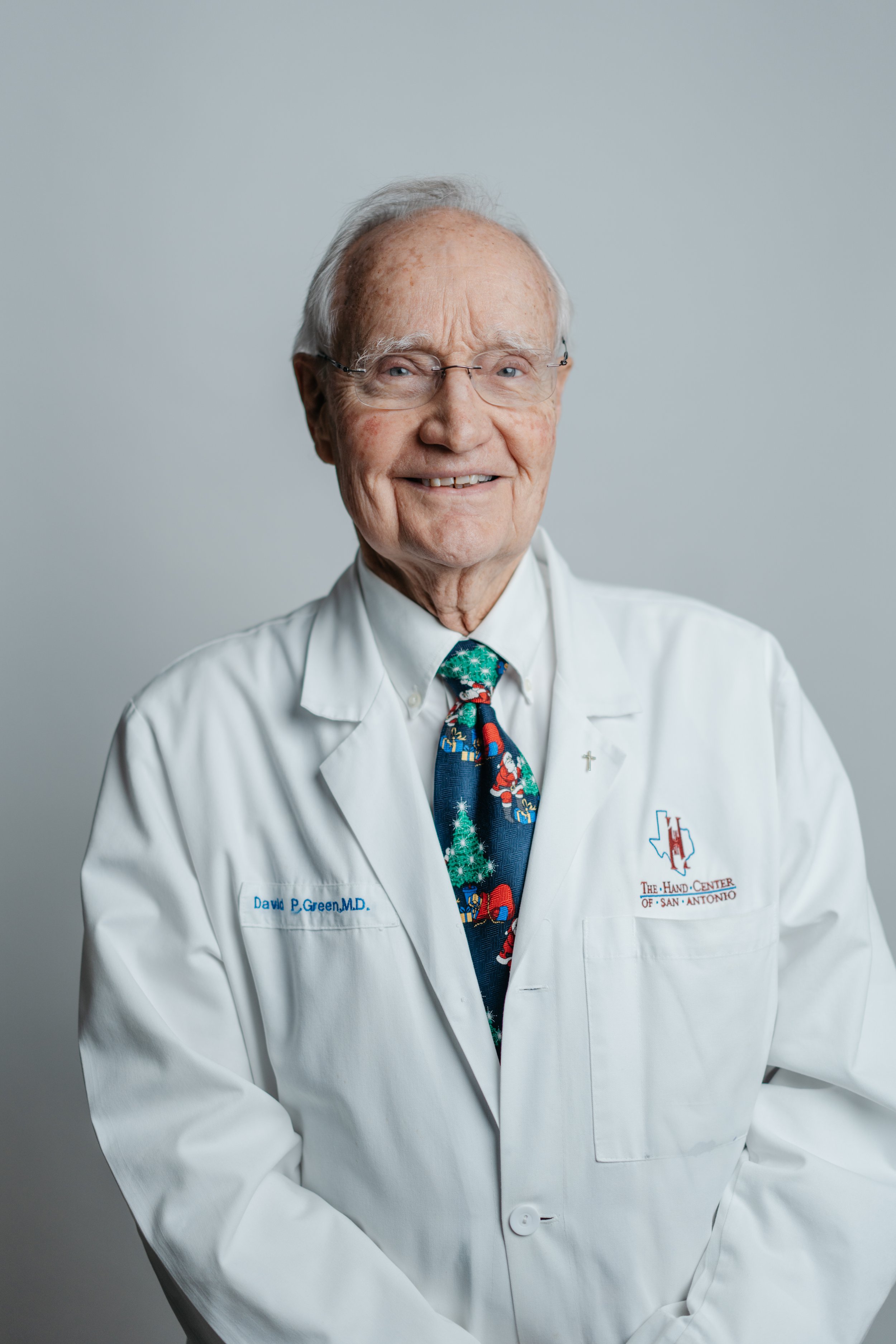
David P. Green, M.D.
-

Mark Bagg, M.D.
-

David W. Person, M.D., F.A.C.S.
-

Ramesh C. Srinivasan, M.D.
OTHER Shoulder RELATED ISSUES WE CAN HELP WITH
check out our latest blog posts regarding Shoulder Injuries
Did you know we offer in-house therapy?
Hand therapy is a merging of occupational and physical therapy theory and practice that combines comprehensive knowledge of the structure of the upper limb with function and activity. Using specialized skills in assessment, planning and treatment, hand therapists provide therapeutic interventions to prevent dysfunction, restore function and/or reverse the progression of pathology of the upper limb in order to enhance an individual’s ability to execute tasks and to participate fully in life situations.
